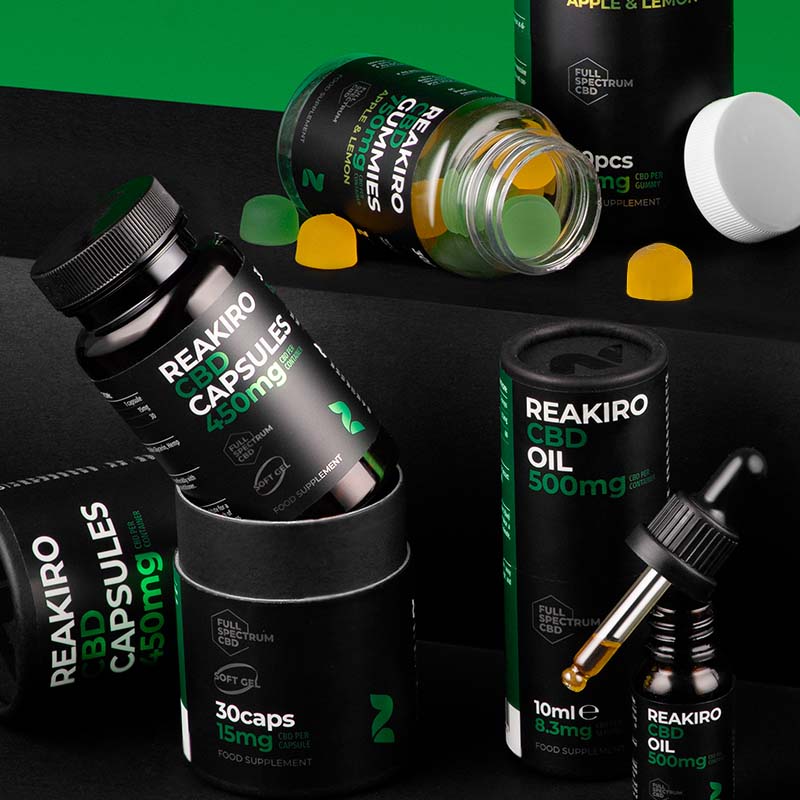Table of Contents
Have you been using your facial oil all wrong? Us too!
Facial oils probably represent the very first skincare products. There’s archaeological evidence of their use from over 6,000 years ago, and you can understand why that might be.
You can imagine that if you’d worked out how to get oil out of an olive, you’d probably be trying to work out everything you could use it for. There’s evidence that indigenous people in Australia have been using emu oil for over 40,000 years, so facial oils have certainly been around for a while.
The 21st-century approach
As skincare regimes moved on from the straightforward cleanse, tone and moisturise, facial oils started to crop up in beauty halls and health food stores around the globe. Some were straightforward, single-ingredient versions, bringing things like Argan Oil to the rest of the world from its roots in Morocco.
So the regime might now consist of cleanser, toner, facial oil and then moisturiser.
Turns out, we might have been wasting our time and money.
- Where does facial oil fit in, then?
You might be surprised by this; we certainly were! Now, there’s a school of thought that you should use your facial oil as the last step in your routine.
That’s right.
After your moisturiser.
- Why does that work?
Okay, here comes the science part.
Think about what happens if you pour oil into a glass of water. They don’t mix.
Water cannot penetrate through oil.
The vast majority of moisturisers contain water. Scientists will also likely have selected water-soluble ingredients for added benefits for your skin.
So if your moisturiser and those actives encounter an oil layer, then they’re going to have a challenging time penetrating the skin. It’s going to really just sit on top of your skin.
- What happens when you use the facial oil after moisturiser
If you think about this, there’s been a tip around forever about smoothing baby oil into your skin straight after showering to lock in the water.
The same principle is going on here with flipping around your skincare routine. The facial oil seals in the moisturiser and all the ingredients in it. It’s going to act like an extra protective layer, keeping the moisture where you want it to be, in your skin.
- Isn’t it always the thinnest consistency product first?
That’s certainly what many dermatologists recommend, but even they say it might not be the best strategy if your thinnest product is an oil. They know that oils don’t add much to the skin in terms of hydration, but they can help support the skin barrier and lock in the hydration you’re getting from your moisturiser.
- Does it really matter, before or after?
You could argue many of us have been using facial oils quite happily before our moisturiser for quite some time. This is a pretty recent switch in thinking, driven by a science-based approach.
What they’re suggesting certainly seems to make scientific sense and suggests how we might get more out of both the products we’re using. We’re all for that.
If it works for you, then, of course, you could stick with using your facial oil before your moisturiser. But maybe you might want to try switching it around to see if you get any different results.
What’s the benefit of a facial oil?
We can’t speak for every facial oil, but at a basic level, you’re sealing in the hydration of any product you use before it.
The Reakiro Renew & Protect CBD Facial Oil incorporates Bakuchi Oil and a plant-derived pro-retinol. We formulated it to help improve skin resilience and support collagen production.
The retinyl sunflowerseedate is a natural pro-retinol, tested for its ability to act on fine lines and uneven skin tone without irritation. Bakuchi oil encourages collagen production, which can help restructure, strengthen and protect skin integrity.
Use just a few drops after your day cream or night cream. We find it’s best to warm the drops in the palms of your hand first and then pat over your face and neck.
There’s definitely more glowing skin around here. We won’t say it’s the only secret in our skincare routines, but we’ve made the switch.
What do you think? Will you switch around your routine to see what works for you?



